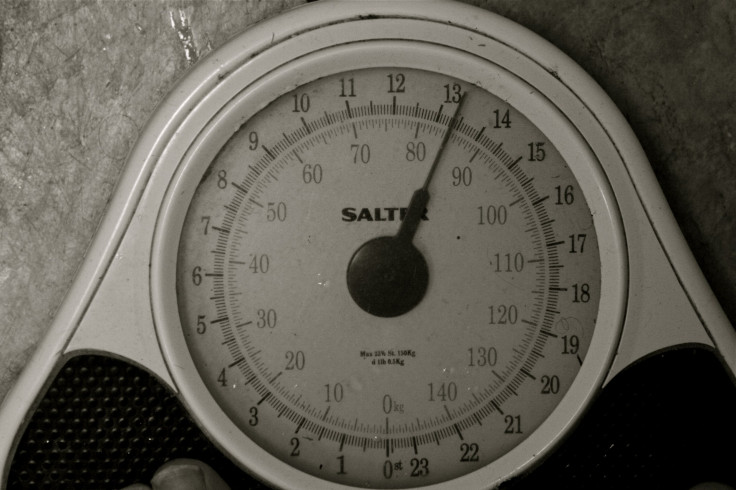Grad Schools Less Likely To Admit Applicants With High BMIs: Why People Unconsciously Correlate Weight With Success

Researchers at Bowling Green State University have found that a student's weight could play a role in college admission decisions. The study, called "Weight Bias in Graduate School Admissions," found that applicants with a high body max index (BMI) and who had an in-person interview with a college were less likely to be offered admission.
The study observed 97 applicants who applied to psychology graduate programs at more than 950 universities in the United States. In order to ensure that the quality of a recommendation letter wasn't the deciding factor, the letters were checked for positive and negative statements along with overall quality.
"One of the things we suspected was the quality of their letters of recommendation written by their undergrad mentors would be associated with the applicants' body weight, but it really wasn't," said Jacob Burmeister, Ph.D. candidate at Bowling Green State University and the study's co-author. "It may be that letter writers come to know students well and body weight no longer played a factor."
Each applicant's weight was recorded, and the applicants also reported their experiences with each of their schools — whether they had an in-person interview or a phone interview and how many schools offered them admission.
"When we looked at that we could see a clear relation between their weight and offers of admission for those applicants who had had an in-person interview," Burmeister said.
Students started out with comparable grades, test scores, and letters of recommendations, but after an in-person interview, researchers found those with high BMIs were not offered admission, which suggests that weight could be a deciding factor for these universities. When researchers looked at the success rates for phone interviews, those with high BMIs faired equally to those with normal or lower BMIs, which only strengthens the study's findings.
"We know that these kinds of biases are pretty common and even somewhat acceptable compared to other biases, and there's not much legally forbidding it," said Burmeister.
Aside from the resounding fact that weight bears no indication of an individual's ability to learn or be successful, weight still stands as a bold factor in decision-making processes. Weight, size, obesity bias, and weightism are all words to describe this discrimination against those that weigh more than the normal BMI. This isn't a new phenomenom, but it has become overwhelming prevelant in America, where 69.2 percent of adults 20 years and older are overweight or obese, according to the Centers for Disease Control and Prevention (CDC).
And the trend is only increasing, with 18.4 percent of adolescents between the ages of 12 and 19 considered obese. According to Healthy Children, an organization run by pediatricians to supply parents with up-to-date findings and their own advice, "obese children have to deal with more than just losing excess weight."
The teasing and bullying of obese and overweight children can cause emotional damage and loss of self-esteem. Weight stigmatization comes in all different forms, from verbal types of bias like teasing, derogatory names, and stereotyping to physical stigma like grabbing and other aggressive behavior, according to the Obesity Society.
Women also face their own particular weight bias. The study's results suggested that women's weight played a stronger role in university acceptance rates than men's weight. According to a study published in the Journal of Applied Psychology in 2011, women who are 25 lbs. below average weight make an additional $15,572 each year than their heavier counterparts. However, men who are 25 lbs. below the average weight make $8,437 less each year.
"Perhaps the most startling finding of this investigation is that men and women experience opposite incentives regarding weight in the very thin to average weight range. Whereas women are punished for any weight gain, very thin women receive the most severe punishment for their first few pounds of weight gain," noted the study's researchers.
These findings reinforce the recent college acceptance research. However, Burmeister said additional research is necessary in order to find out if the results are consistent with fields outside of psychology graduate programs.
"We might expect psychology faculty to be more aware of these types of biases. Thus, the level of bias found in this study could be a conservative estimate of the level of bias in the graduate admissions process in other fields," he said.



























